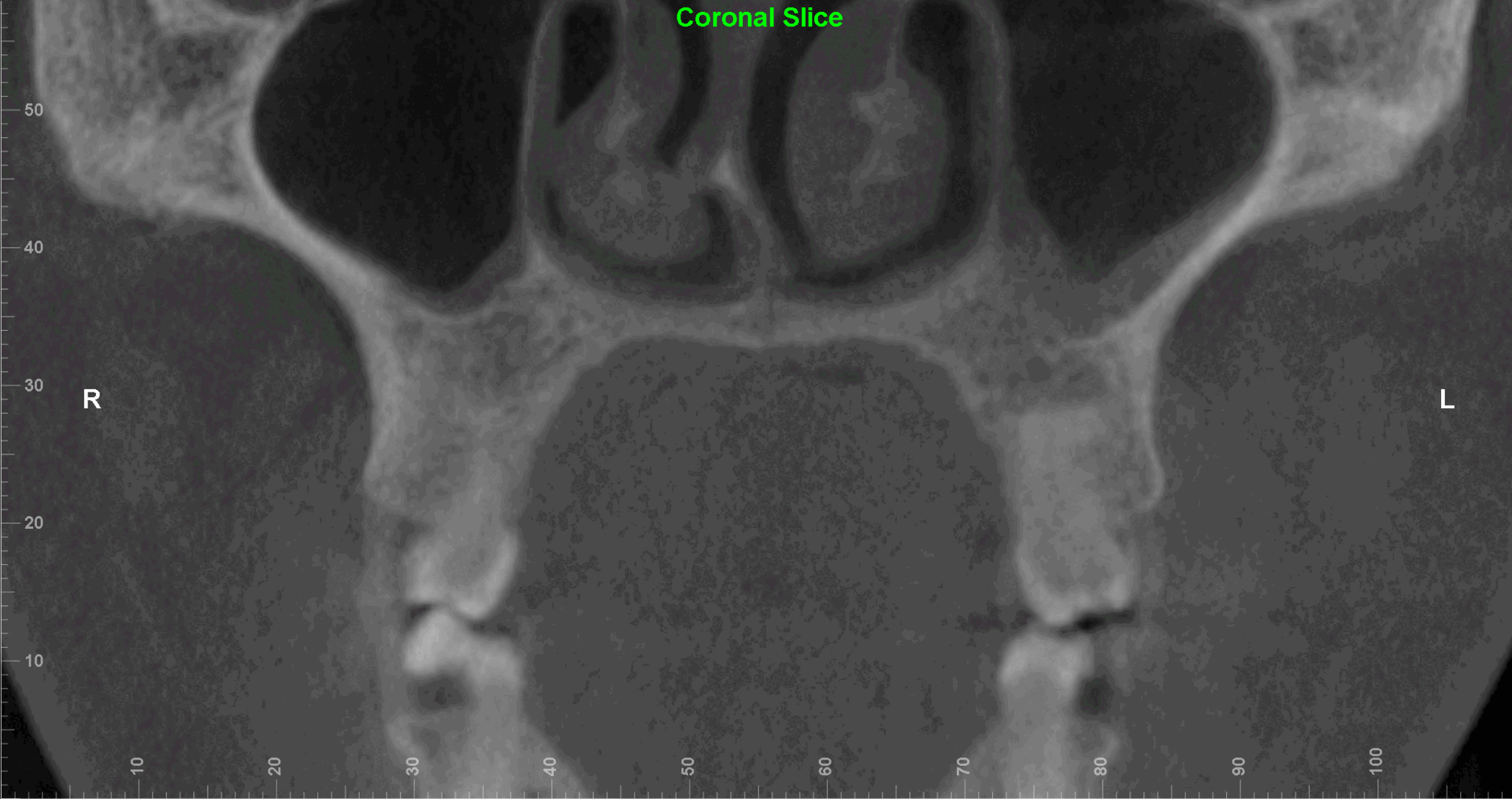Upper Airway Resistance Syndrome
Maxillary Skeletal Expansion
Double Jaw Surgery
Breastfeeding & Facial Development
Sleep Apnea
Depression and Sleep Apnea in Kids: How Are They Connected?
Introduction
Did you know that kids with obstructive sleep apnea (OSA) might also be more likely to experience depression? This blog post dives into a study that looked at how these two conditions are connected and whether treating sleep apnea can help improve depressive symptoms in children.
What’s the Big Deal About This Study?
Title: The Relationship between Depressive Symptoms and Obstructive Sleep Apnea in Pediatric Populations: A Meta-Analysis
Authors: Elif Yilmaz, M.D., Karim Sedky, M.D., M.Sc., F.A.A.S.M., David S. Bennett, Ph.D.
Published In: Journal of Clinical Sleep Medicine, 2013
This study analyzed data from several different studies to find out whether children with sleep apnea are more likely to be depressed. The results showed a medium-sized connection between the two, meaning that kids with OSA were more likely to have depressive symptoms. But the study also found some good news: treating sleep apnea, especially through surgery to remove tonsils and adenoids (adenotonsillectomy), can help reduce these depressive symptoms.
What Does This Mean for Your Child?
If your child is dealing with both sleep apnea and depression, this study suggests that treating the sleep apnea might help with their depression too. It’s a great reason to discuss these options with your child’s healthcare provider. By addressing the sleep issues, you could be taking a big step towards improving their overall mental health as well.
Quick Facts & References
- Study Title: The Relationship between Depressive Symptoms and Obstructive Sleep Apnea in Pediatric Populations: A Meta-Analysis
- Authors: Elif Yilmaz, M.D., Karim Sedky, M.D., M.Sc., F.A.A.S.M., David S. Bennett, Ph.D.
- Journal: Journal of Clinical Sleep Medicine, 2013
Conclusion
This study highlights the importance of recognizing and treating sleep apnea in children, not just to improve their sleep but also to help with related issues like depression. If you’re concerned about your child’s sleep or mood, talk to your doctor about the best steps to take. For more information and resources, be sure to explore our other blog posts or get in touch with us today.








